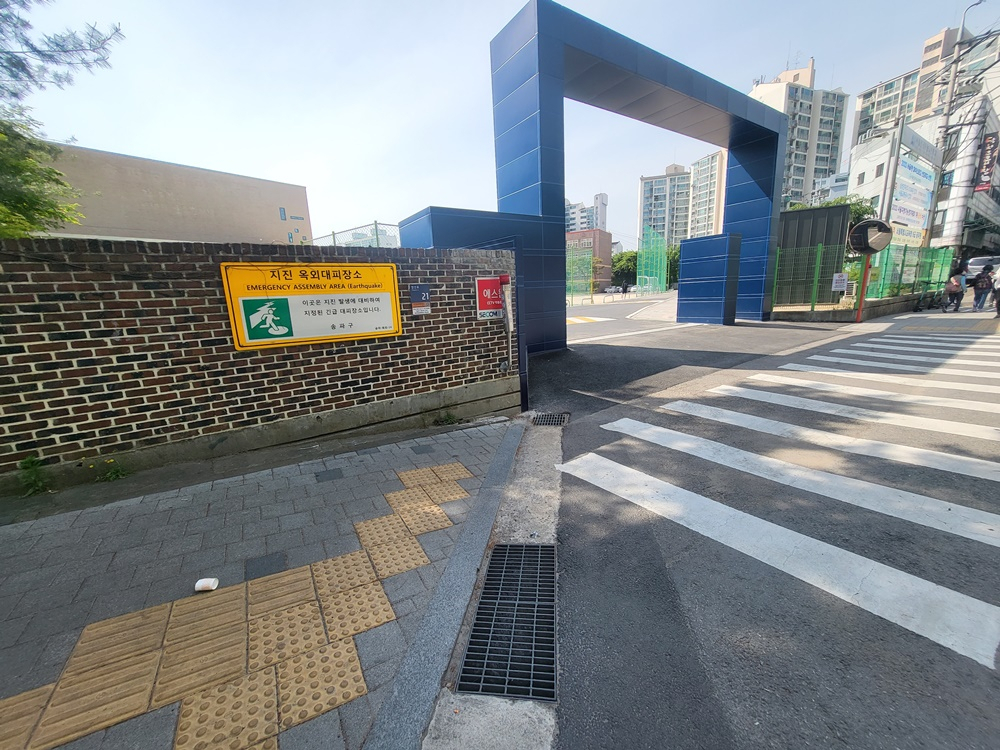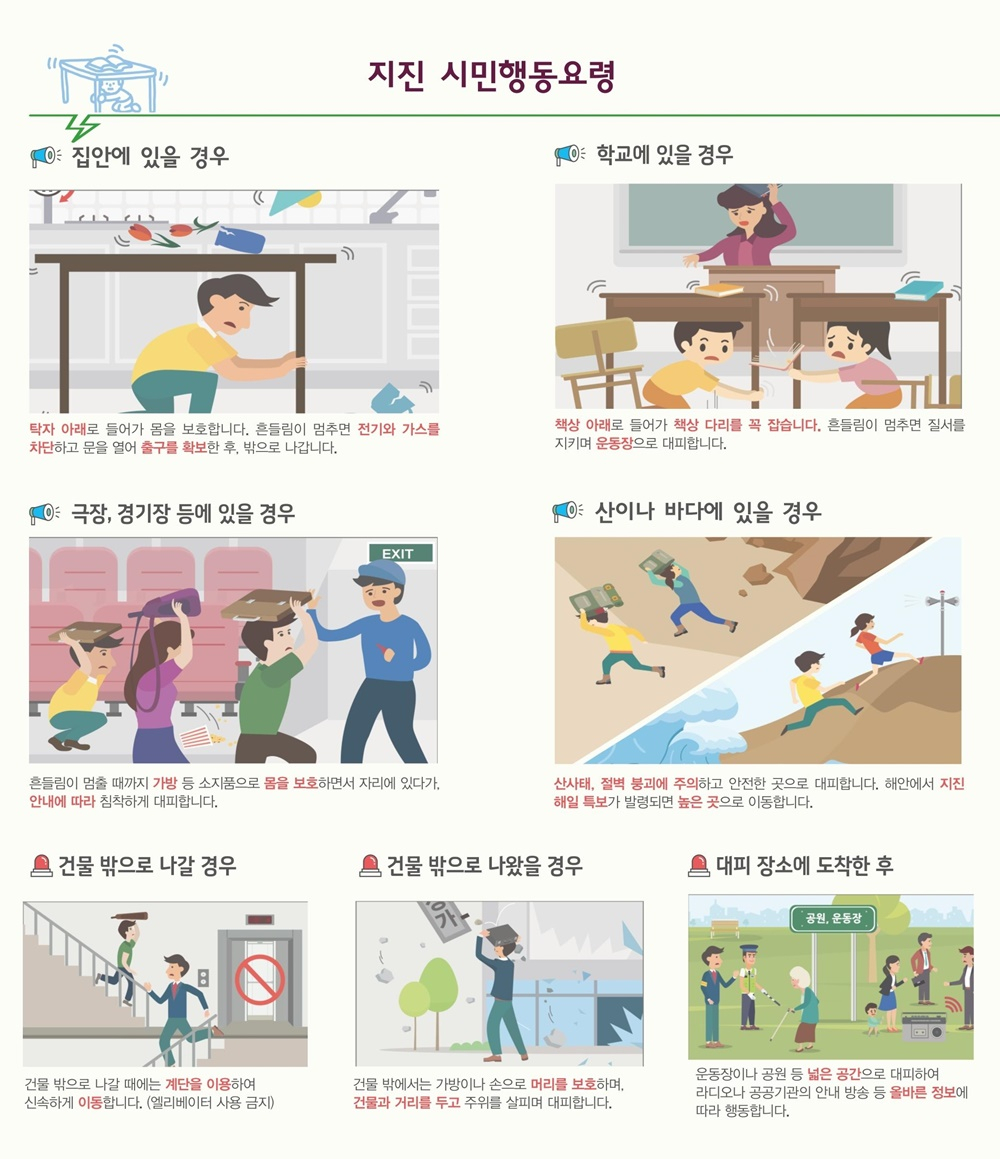 |
The playground at Seoul's Pyeonghwa Elementary School, Garak-dong, Songpa, Seoul, is an outdoor evacuation site in the event of an earthquake. (The Seoul Metropolitan Government) |
The Seoul Metropolitan Government on Sunday announced its plan to complete seismic reinforcement of all public facilities by 2030.
The "Comprehensive Plan on Earthquake Disaster Prevention" is a response to public concerns about the nation's earthquake preparedness, particularly in the aftermath of the recent powerful and fatal earthquakes in western Japan, according to the Seoul city government.
Under the plan, the Seoul Metropolitan Government plans to raise the percentage of 2,465 public facilities with earthquake-proof features to 100 percent from the current 95.4 percent by 2030.
Key public facilities, including roads, water supply infrastructure, sewage processing plants and municipal hospitals, have already been strengthened to 100 percent, according to Seoul city. So the city plans to focus on reinforcing railways, city government buildings and recreational facilities over the next seven years.
The budget for this year is 20.2 billion won ($15.35 million).
The city said that it will offer private building owners incentives such as the relaxation of floor area ratios and building-to-land ratios for seismically reinforced buildings.
The percent of the privately owned buildings in Seoul that are earthquake-proof was 20.2 as of Jan. 1. Only 119,669 buildings out of the 592,320 buildings have been strengthened.
The city also plans to expand the scope of buildings required to undergo seismic performance evaluations.
Furthermore, a total of 1,558 outdoor evacuation sites in the event of earthquakes are set to be checked and cared for this year. Those include school playgrounds, parks and parking lots.
Those places are designated and managed by each of the 25 districts of the capital and are supposed to be safe site where people can temporarily evacuate from falling objects during earthquakes.
“The Seoul Metropolitan Government will strive to make Seoul safe from earthquakes,” Kim Seong-bo, head of the Disaster and Safety Management Office, said.
 |
Illustrations showing what to do in case of an earthquake. (The Seoul Metropolitan Government) |







![[Today’s K-pop] Blackpink’s Jennie, Lisa invited to Coachella as solo acts](http://res.heraldm.com/phpwas/restmb_idxmake.php?idx=644&simg=/content/image/2024/11/21/20241121050099_0.jpg)